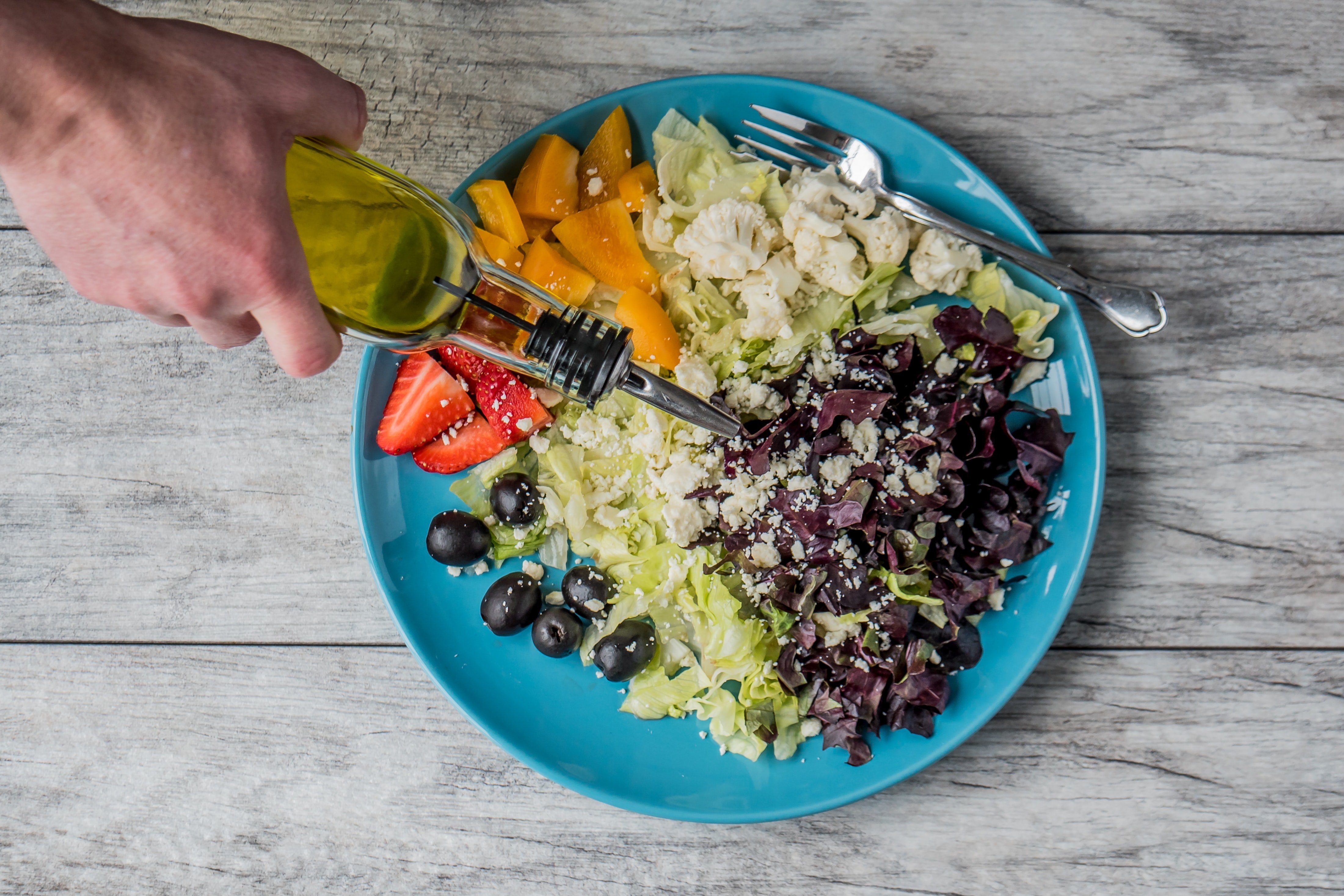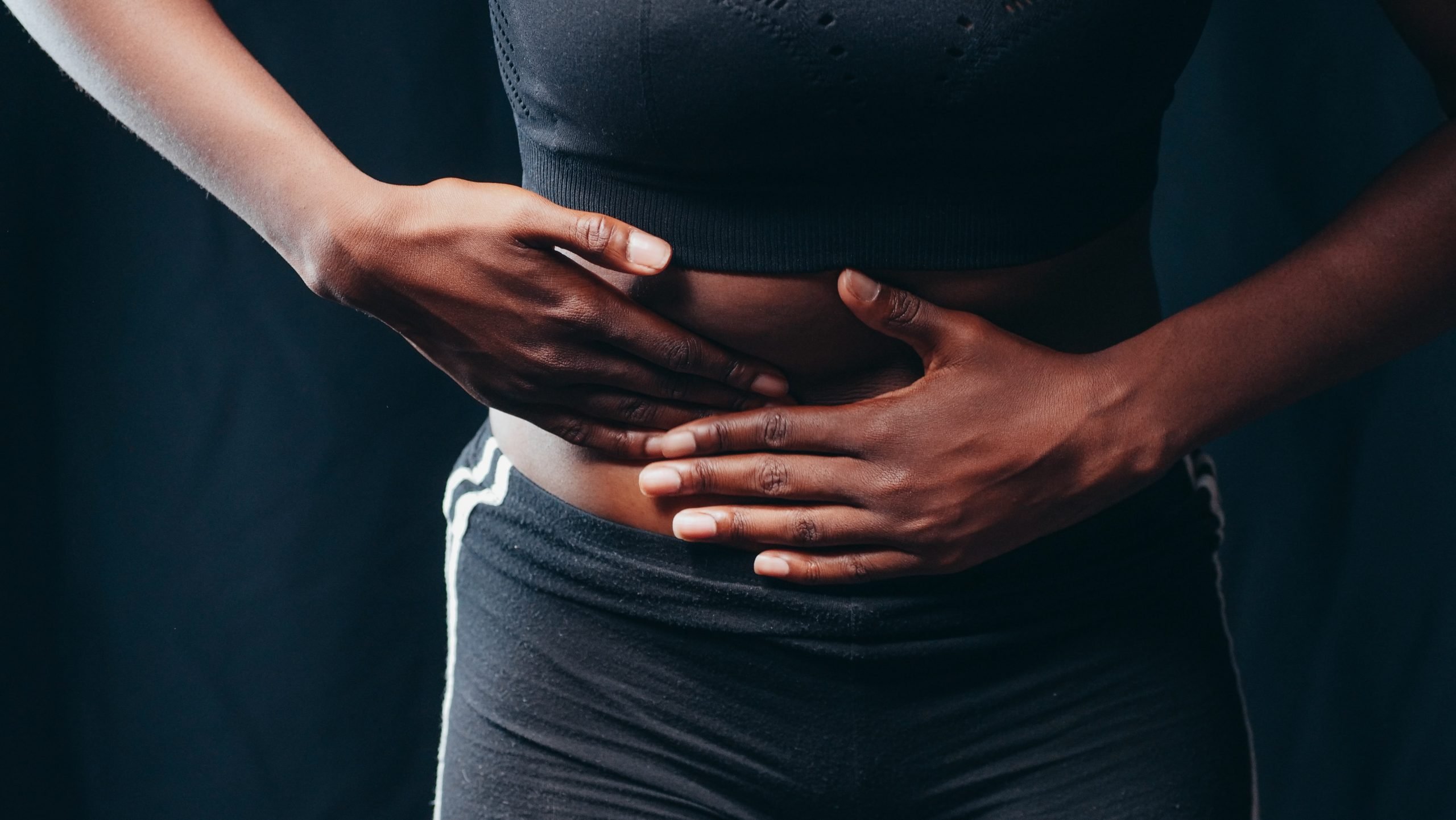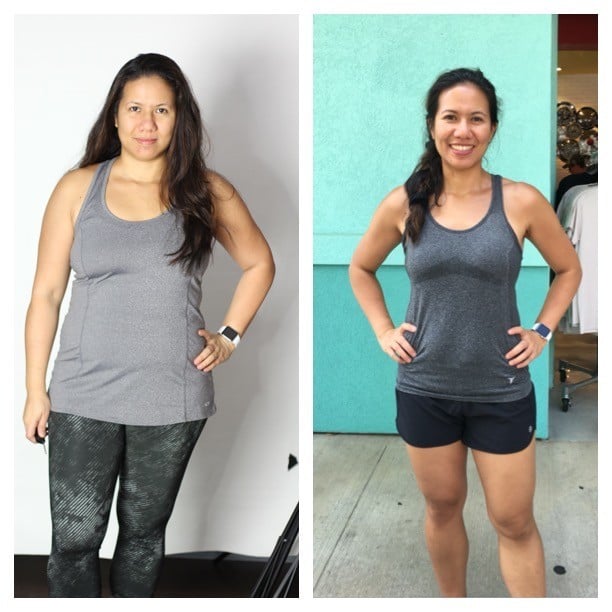When it comes to healthy and sustainable diet for postpartum weight loss, it’s important to shift the focus from restricting calories to nourishing your body and prioritizing overall well-being. Here at MUTU, we’re not about restrictive dieting or assuming there’s a perfect postpartum body or magic trick to losing the baby weight ASAP.
Instead, the main thing to focus on is consuming a variety of nutrient-dense foods that provide essential vitamins, minerals, and macronutrients. This in no way means that you have to start buying expensive and specific foods. Eating well just means including a mix of fruits, vegetables, whole grains, lean proteins, and healthy fats in your meals. This will help to support optimal nutrition and more steady energy levels.
What we’ll cover:
The following article will outline ours and some fellow experts top diet tips:
- Top tips for postpartum nutrition and weight loss
- Do I need to eat anything special to lose weight in postpartum?
- Are there different nutritional needs in postpartum if I’m breastfeeding?
- The importance of rest and patience
- Eating more fat (and less sugar)
- Diet tips to get more good fats in your meals
- The importance of eating less sugar
- Fruit juice and diet drinks
- Postpartum diet advice from nutritional health coach Jamie Votta
- How to avoid skipping meals
- Choosing easy to digest foods
- How to prepare with quick and healthy snacks
Our top tips for your nutritious postpartum diet for weight loss:
- Drink up: We mean water. Drinking enough water is crucial for postpartum health and can support postpartum weight loss. Staying hydrated can help with digestion, appetite regulation, and is absolutely critical when breastfeeding. Make sure you have easy access to water around your home.
- Fibers: Foods high in fiber help you feel full, support digestion, and help regulate blood sugar levels so you’re less likely to feel a midday crash. We’ve written a lot about how fiber helps with things like diastasis recti and pelvic floor issues, too. Read up on that here.
- Mindful eating: Practice mindful eating by paying attention to your body’s hunger and fullness cues. Eat slowly, savor your meals, and listen to your body’s signals of hunger and satisfaction. This can help prevent overeating and promote a healthy relationship with food.
- Grab healthy snacks: Opt for nutrient-rich snacks such as yogurt, nuts, seeds, fruits, and vegetables. These snacks can help you stay satisfied between meals and provide important vitamins and minerals.
- Meal prep and planning: Planning meals ahead of time can help you make healthier choices and avoid relying on overly processed foods that may be less nutritious. Junk foods can often leave you feeling spikes and dips of energy, which can sometimes lead to overeating (not to mention just not feeling so great).
- Listen to your body’s needs: Recovery takes nourishment and restricting what you eat too much is likely going to make healing feel harder and slower. Allow yourself to eat when hungry and honor your cravings while focusing on nourishing foods.
Do I need to eat anything special to lose weight in postpartum?
There’s nothing wrong with reaching for quick comfort foods here and there, but prioritizing an overall healthy diet will likely feel better in the long run. This doesn’t mean you have to switch to the latest health trend diet type or splurge on supplements made from exotic fruits promising miracles. Eat what makes your body feel good and stick to what you’ve noticed gives you sustained energy and leaves you feeling full.
Are there different nutritional needs in postpartum if I’m breastfeeding?
If you choose to breastfeed, focus on nourishing your body with nutrient-dense foods to support milk production. Consume a balanced diet that includes foods rich in calcium, iron, omega-3 fatty acids, and other essential nutrients.
Should you avoid eating fats? Why we actually need to eat more fat (and less sugar)
Fat has been blamed for years, but sugar, stress, processed food and *not enough* good fats might be. Much more informed advice, tells us to eat more fat (natural, healthy fats like those in nuts and seeds, oily fish like mackerel or salmon, avocados, eggs, and good olive oil) and less sugar
Tips for getting more good fats into your postpartum diet:
- Fish: Salmon, mackerel herring, sardines, and tuna. All are a great source of Omega 3 essential fats. But if you don’t think you’re going to manage 4 portions of oily fish every week, take a good quality fish oil supplement, or good old cod liver oil! You’re looking for ‘Omega 3’s’ – Most of us have more than enough Omega 6’s in our diet (found in sunflower oil, sesame oil, dairy, and eggs), so it’s the 3’s you need more of.
- Seeds: The easiest way to get the good fats from seeds is to grind them up. Otherwise, unless you do some serious chewing, those good fats will just pass right on through. The best ones for Omega 3 are Flax (also known as linseed), hemp, pumpkin, and walnut. Add in a few sunflower or sesame seeds and use a coffee grinder to churn them up. Keep them in a sealed jar in the fridge, and add a tablespoon a day to your breakfast or a salad.
- Olive oil: Look for the words ‘cold-pressed’ and ideally your oil should be in a dark colored bottle (to protect it from light damage). Buy the best you can afford and you don’t need to cook with good olive oil – it’s a waste as it ruins both the goodness and the taste! Cook with coconut oil instead and be generous with your olive oil in salads, poured over warm pasta and in soups.
All of the above fats will help keep you lean and healthy as well as help you regulate a host of other helpful processes in your body.
As well as more fat, we need less sugar
There’s the obvious sugar, in cakes, fizzy drinks, and desserts, but there’s also a lot of hidden sugar you may not even know you’re eating. Sugar increases the levels of insulin in your body and that makes your body store fat, especially around your middle. It makes your body really, really good at storing fat. Of course, other effects are increased blood pressure, higher cholesterol, increased risk of diabetes and heart disease and premature ageing. On the other hand, when insulin levels fall within your body, you use fat for fuel. (Something you do want your body to be good at). We need to eat more fat and less sugar.
How to eat more fat and less sugar
The obvious sugar is easy to identify and cut out (or down), but the hidden sugar in our diets is much harder. There is hidden sugar in everything from packaged meats like ham or sausage, to crisps, ketchup and cheese spread. So you have to get a little more attentive to the labels on your food: anything that ends in ‘ose’ is sugar. Dextrose, fructose, glucose, it’s all sugar. And if you see HFC (High Fructose Corn syrup) then definitely try to avoid.
Don’t fruit and fruit juice contain lots of sugar?
Fruit does contain natural sugar, in the form of fructose, BUT in whole fruit and vegetables (note ‘whole’ – if you consume just the juice then you’re missing out) it is mixed with vitamins, enzymes, phytonutrients, minerals, and fibre. All this goodness offsets most downsides of eating whole fruit in moderation. It’s not fructose itself which is a problem, but rather the massive doses of added fructose we consume in other, unnatural, processed foods – soft and fizzy drinks are the worst culprit here – they are packed with added fructose and this is what you need to avoid at all costs. Go easy on fruit juice too (pure water should be your thirst quencher of choice) and if it says ‘fruit drink’ or ‘contains real fruit juice’ then it probably has as much, or more, added sugar/fructose than the fizzy soft drinks!
Can we eat more fat and less sugar by choosing ‘healthy’ or ‘diet’ foods and drinks?
Diet drinks contain artificial sweeteners in place of sugar or fructose. Often those additives can have a similar effect on your insulin levels by producing the same fat-storing effects as real sugar. Sweeteners (artificial or otherwise) stimulate appetite and place strain on your kidneys and liver that have to process them. Very often the psychological effect of consuming large amounts of diet drinks seems to be that we ‘make up’ the calories elsewhere and consumption has less effect on weight control than you might imagine.
Processed foods are not only devoid of fiber and nutrients, but – and often the ‘diet’ processed foods are the worst! – they are also packed full of added fructose.
What other tips do the experts recommend? Advice from nutritional health coach Jamie Votta
I’ve had babies on the brain a lot lately because I became an auntie for the 9th time this year and three more family members are pregnant! Timing could not have been more perfect when MUTU System asked me to share my top postpartum nutrition tips for new moms with them.
Jamie Votta
Jamie Votta’s top postpartum nutrition tips for weight loss
Diet Tip #1 – Don’t skip meals!
You’re probably eager to fit into your pre-pregnancy jeans, but skipping meals could actually prevent you from reaching your goals. Why? Because skipping meals actually SLOWS down your metabolism and you want to keep it working at optimal speed. When you don’t eat enough food for your caloric needs (which go up when you are breastfeeding), it sends a signal that your body is in starvation mode. Your body holds on to as much fat as possible until you can “find” your next meal. On top of that, you’re busy with baby – your next meal may be a packaged energy bar, which is really not much better than eating candy.
What should you do instead? Eat whole foods that are minimally processed. Be sure to include plenty of protein and healthy plant-based fats (foods like avocados, nuts, and olives are great sources) to keep you feeling satisfied longer. First postpartum nutrition tips: focus on filling your plate with vegetables and treat meat as the side dish, with servings no larger than your palm.
Diet Tip #2 – Opt for easy to digest foods
Your body has been through a lot and if you’ve had an epidural or a c-section, your digestion has probably slowed considerably. Opt for foods that are easier to digest, like cooked vegetables and lean meat like chicken, and fish. Processed foods are not only harder on your digestive system, but they also lack the nutrients that your body needs to feel best. On top of that, many processed foods are loaded with sugar. Did you know that your body stores unused sugar as fat?
Your afternoon pick me up may be the reason why you aren’t losing weight as quickly as you’d like. You can also help to speed up your metabolism with supplements like probiotics, enzymes, and l-glutamine. Probiotics are beneficial bacteria that live in your colon and help digest the food that you eat. They also fight off illness and help you from feeling bloated. Enzymes help to break down your food into smaller molecules so that it is easier to digest. L-glutamine is an amino acid that helps to reverse leaky gut, and can also reduce sugar cravings.
Diet Tip #3 – Quick food and and healthy snacks the key to success
Let’s be honest, you’re probably not sitting down to eat a meal and you’re definitely not eating with utensils. Let go of the rules of etiquette for now and focus on eating healthy finger foods. Meal prep is key here! When family and friends offer to help, put them to work in the kitchen. Keep hard-boiled eggs, cut up veggies, diced meat (or nitrate-free deli meat), and sprouted bread stocked in your fridge. Leafy greens are perfectly fine as finger food! Or toss a cup of spinach in a blender with an equal amount of fruit (berries are a great low-sugar option) and liquid (coconut water, almond milk, etc.) and about a tablespoon of nut butter. Add some ground flaxseed or hempseed to make it more filling.
Bonus Tip – Getting enough water
DRINK WATER. You’re busy and tired. Fill a large water bottle and drink from it often. First thing in the morning, before meals, when you think you’re hungry at 3 pm, after dinner. Drink, drink, drink. If you need a bit more flavor, add some fresh lemon and cucumber slices for an instant spa treat, and if you’re feeling extra fancy, toss in some mint and ginger too.
A bit about Jamie… Pregnancy leads to many physical and emotional changes. Since my third c-section, I’ve been on a mission to learn all that I can about diastasis recti, IBS, the role of stress on the body, and the biomechanical forces behind these conditions.
Now I’m on a mission to help you! Work with me to learn how to improve your digestion, strengthen your core muscles and pelvic floor, and be present in the here and now to lead a more fulfilling life.
The importance of rest and patience
Lastly, remember, the postpartum period is a time of recovery and adjustment, and your body needs nourishment and care. Be patient with yourself, prioritize self-care, and focus on overall well-being rather than solely on weight loss.









